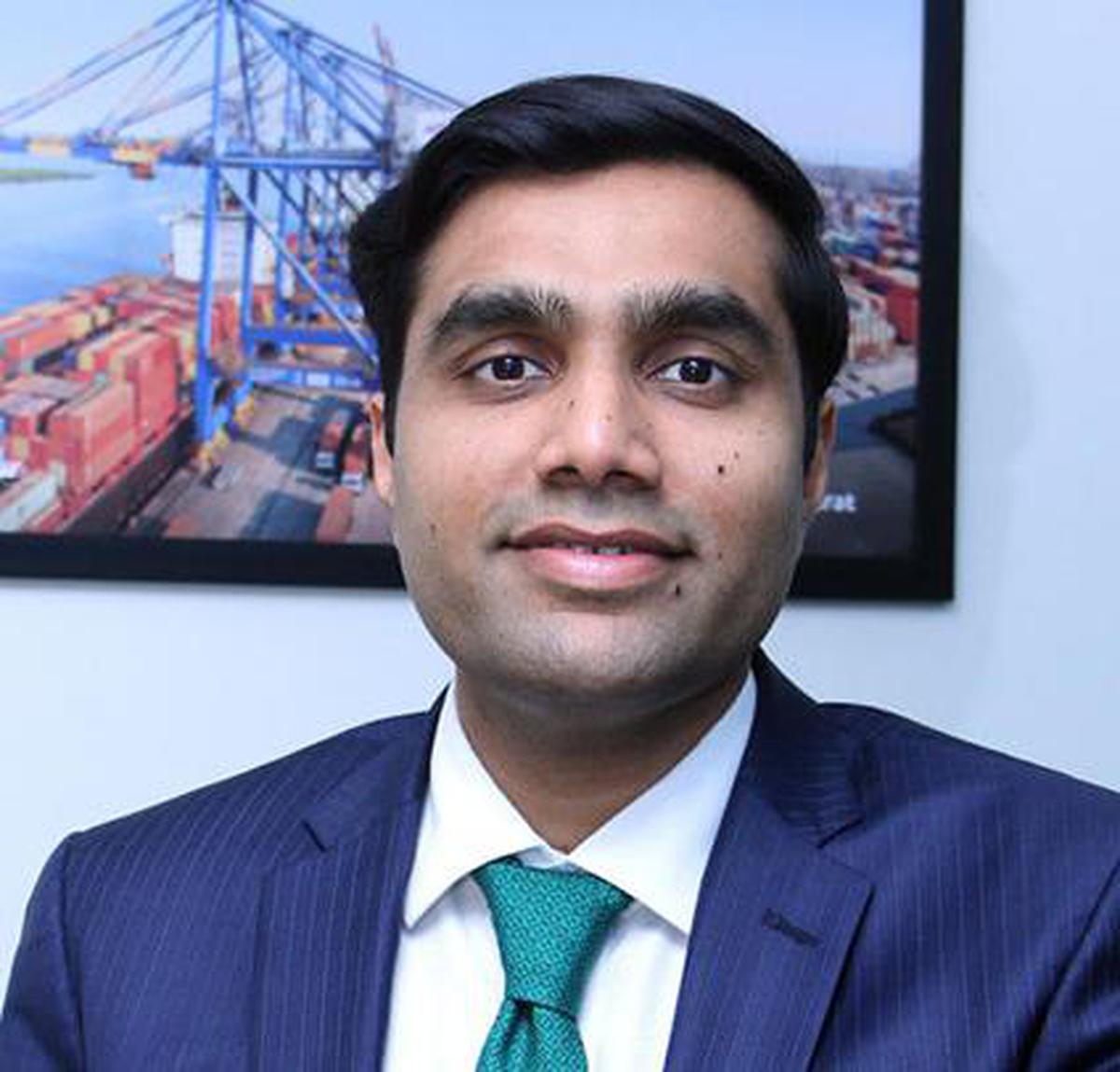
Adani Ports cross 300 million tonnes Cargo volumes to beat its own milestone
AHMEDABAD : Adani Ports and Special Economic Zone, a part of the diversified Adani Group, crossed 300 million tonne of cargo handling, thereby beating its own milestone.
It took 329 days to reach the milestone, as compared to last year’s 354 days.
The ports business of Adani Goup has registered growth since it started operations over two decades ago and continues to outperform all India cargo volume growth, with its market share rising rapidly.
“The improvement in cargo volumes is testimony to the faith that our customers have in us,” said Karan Adani, CEO and Whole Time Director of Adani Ports.
“It shows our commitment to using improved efficiencies and technological integrations to drive and achieve customer satisfaction. The APSEZ’s flagship port, Mundra, is outpacing all its closest rivals by comfortable margins and continues to be the largest port in the nation in terms of volumes handled.”
Karan Adani added its infrastructure at Mundra port meets world standards and provides service levels on par with those of its global competitors.
Almost 95 per cent of the trade volumes in India are carried through maritime route and world-class mega ports is imperative for the Indian coastline, it said.
Notably, this year also saw growth in agricultural exports due to India’s record high foodgrain production and the Russia-Ukraine conflict that opened up opportunities for farm exports.
At a time when the country’s electricity demand is at an all-time high, Adani ports have risen to the occasion and handled the sudden surge of imported coal volumes flowing to India.
“In line with the government’s vision of RSR (Rail-Sea-Rail) movement of domestic coal, APSEZ) has begun offering coastal coal export solutions to TANGEDCO through its Gangavaram Port. Similarly, it has been supporting the coastal coal movement to NTPC Khudgi by commencement of coastal coal handling at its Mormugao Terminal,” it said.
Not just business expansion, APSEZ said it has also met its sustainability commitments.
Energy and emission intensity, it said, has been reduced by around 41 per cent and water intensity by 56 per cent from 2016 levels. With its plan to install 250 mega watt of renewable capacity on a captive basis, APSEZ is moving closer to its goal of becoming carbon neutral by 2025.

